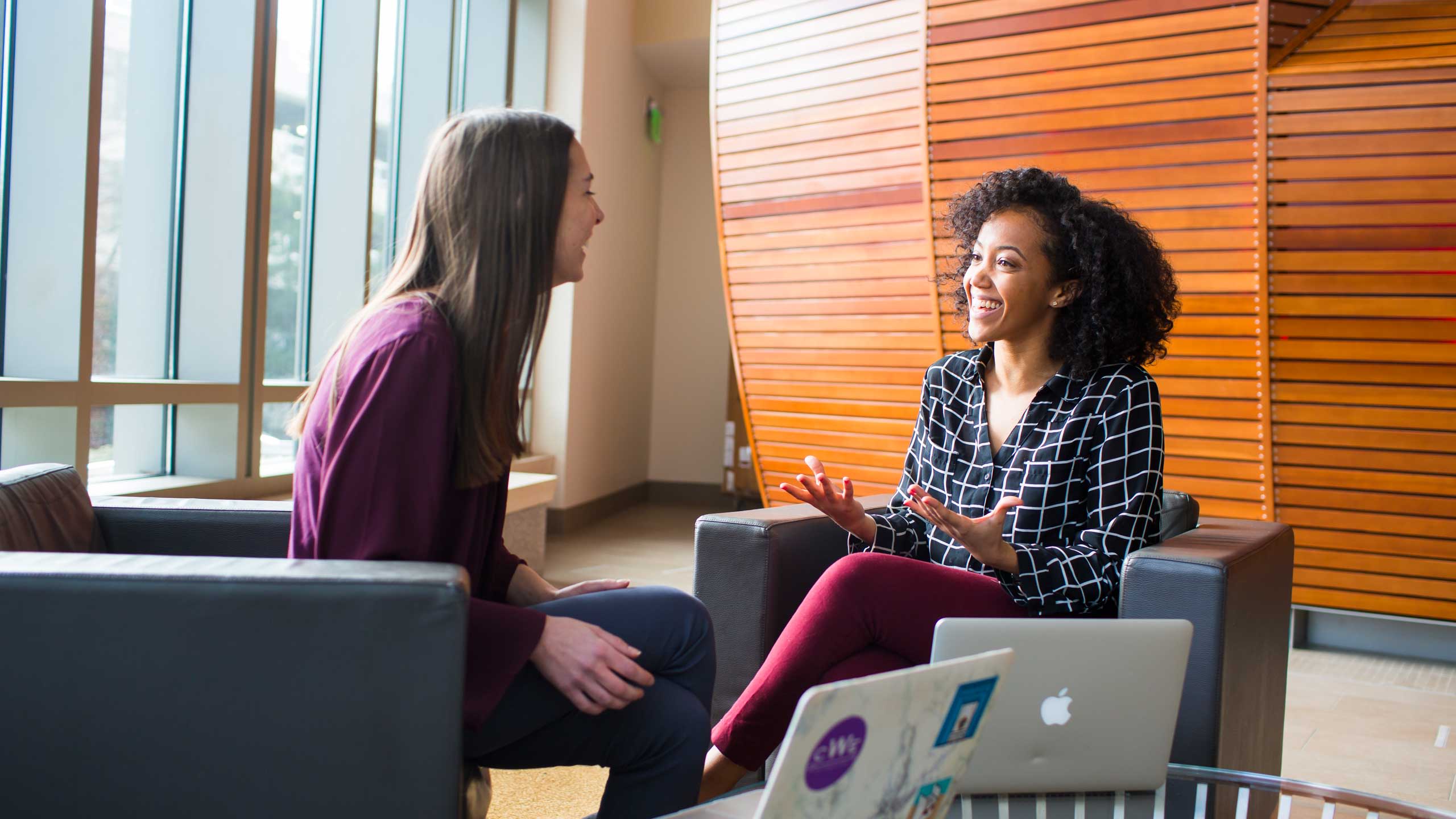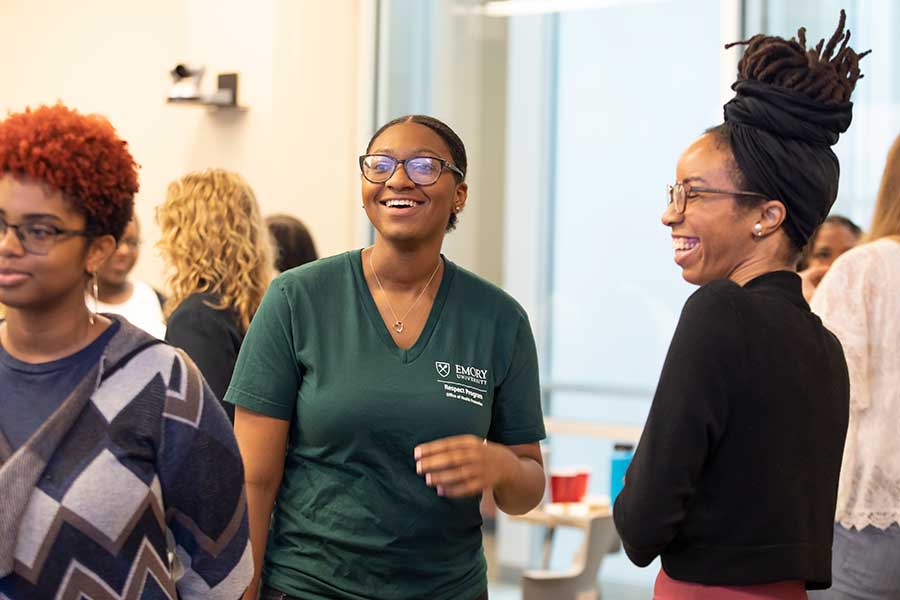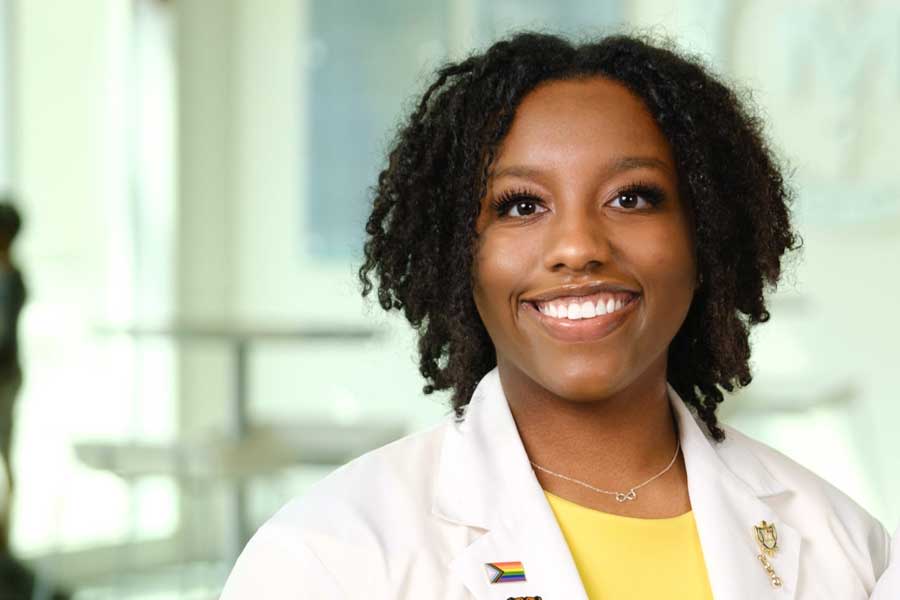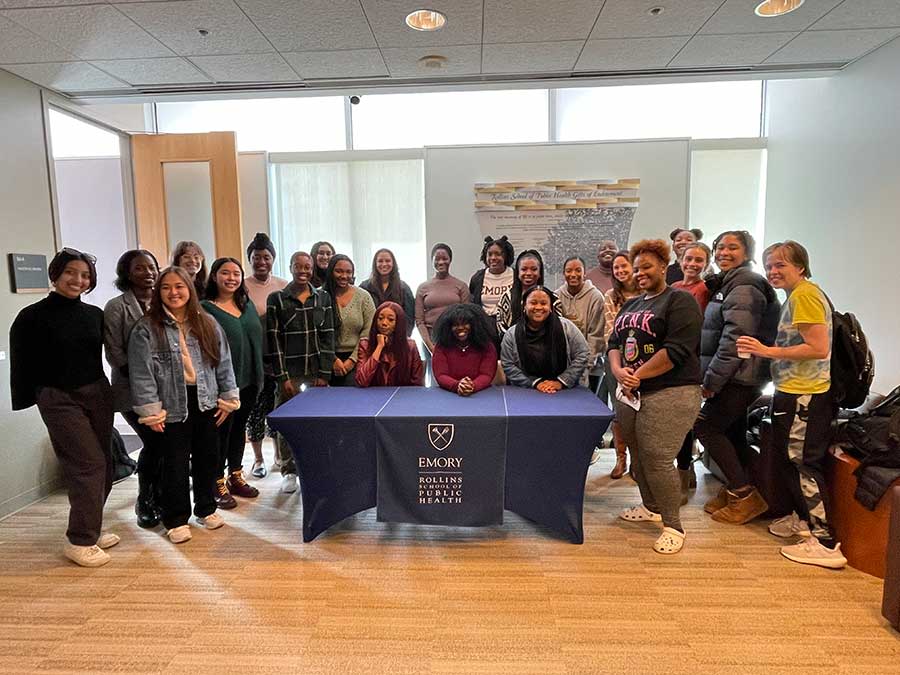THE STUDENT EXPERIENCE

WHY STUDY BSHES AT ROLLINS?
WHAT MAKES BSHES DISTINCT?
The BSHES curriculum prepares students with the skills to engage in theory-driven research and public health practice, approach public health topics at multiple levels in order to promote health equity, and work with interdisciplinary teams and community members. The core BSHES courses use the social ecological model to frame public health issues and practice, with an emphasis on social determinants of health and social justice.
We aim to facilitate inclusive classroom environments, where the perspectives and experiences of all students are valued and where all students can learn, thrive, and feel like they belong. A hallmark and strength of BSHES is that our students come from diverse backgrounds, have a wide array of public health interests, and go into a myriad of career paths after graduation. We work to support students in an exploration of their areas of interest in order to foster life-long learning.

Traditional 2-Year Curriculum
The first year of the BSHES MPH program focuses on foundational skills in the behavioral and social sciences: theory, research methods, data analysis, and team work.
In the second year of the BSHES MPH program, students apply the foundational skills to key public health practice competencies (program planning, community assessment, program evaluation), to their Applied Practice Experience, and thesis or Capstone project.
Dual Degree Program Curriculum
Each cohort has approximately 8-14 dual degree students who are completing their MPH in BSHES while also in another graduate program, such as law, medicine, nursing, physical therapy, business, or theological studies, among others.
Dual degree students complete the BSHES curriculum and RSPH core courses in a compressed 1-year timeframe. Typically, the dual degrees students take more credits per semester compared to students in the traditional program.

Course Highlights
Addressing Racism as A Public Health Issue to Promote Health Equity - This course provides an overview of racism as a driver of health inequities and interventions designed to dismantle racism to promote health equity. Racism causes harm at multiple ecological levels from the individual level (e.g., internalized racism) to the systemic level (e.g., oppressive & unjust policies & practices). This course will introduce students to how racism operates to create and maintain health inequities and proposed interventions (programs & policies) to promote health equity.
Health Equity capstone - The Health Equity Capstone seminar allows students to complete an individual project that allows them to integrate and apply knowledge, concepts, and skills learned in BSHES coursework to a Health Equity topic of high public health relevance. Students undertake an independent project that will result in a final paper and an oral presentation.
Community Assessment - The purpose of this course is to provide students with the academic background, technical skills and field experience to conduct a health-related community assessment (CA). The course encompasses the development of data about the health status, knowledge, perceptions, attitudes, motivation, and health practices of a population or community and its socioeconomic environment. Students will work with a team to prepare a community assessment report and presentation for a community/organization through community engaged learning.


Peer-to-Peer (P2P)
The BSHES Peer-to-Peer (P2P) Mentoring program was launched in Fall 2020 by the department of Behavioral, Social, and Health Education Sciences at the Rollins School of Public Health. This program creates an inclusive and welcoming environment for BSHES MPH students in response to student requests for more opportunities to network across cohorts and student groups.
Student Engaged Research And Applied Public Health
Students and alum conduct exciting work with faculty on a variety of topics:
- Sexual and reproductive health and justice with the RISE Center
- Trauma-focused interventions to support community resilience and mental health with the THIRVE Lab
- Community-based participatory research to prevent cancer and promote health equity with the Emory Prevention Research Center
Lauren Nisotel won the 2022 Shepard Award for Outstanding Thesis for her work on the "Syndemic Pandemic: COVID-19, HIV, and antiretroviral therapy adherence among Black/African Americans in Atlanta"
Dual Degree Student Spotlight
Geetha Mahendran
As an MD/MPH student, Geetha Mahendran (’22) published two articles on mentorship for women and underrepresented minorities in the field of surgery. These papers developed out of the mini-study she conducted during the Qualitative Methods for Research and Evaluation Course. See her articles here:
Article: Qualitative Study of Mentorship for Women and Minorities in Surgery

